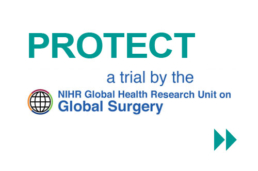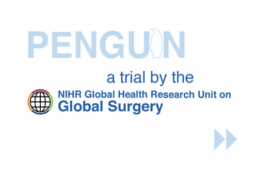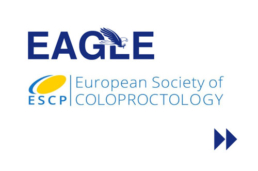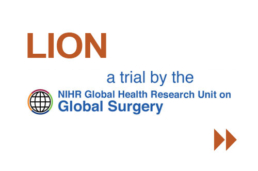Wellcome Leap SAVE
We are pleased to be contributing to this programme which focuses on accelerating laprascopic skills acquisition and enhancing postoperative monitoring through technology.
Improving surgical outcomes through collaborative research
The creation and deployment of complex interventions in surgery is challenging – not only are technological innovations frequently complex in themselves, but they necessitate expertise and backing from a broad group of stakeholders and must be sufficiently flexible to meet needs across a
diverse range of healthcare settings.
The successful delivery of health technology programs necessitates the strong and early engagement of patients, practitioners, and policy makers, shifting the focus from a binary question of effectiveness, to whether interventions can be acceptable, implementable, cost-effective, scalable, and transportable across settings
Background
As the NIHR Global Surgical Unit, we are one of the largest and most diverse surgical networks worldwide. Our ambition is to provide an agile global platform for end-to-end demonstration and evaluation of solutions developed by other programme performers, utilising our multi-country partnership model with stakeholder co-design and in-country leadership. Our proposal addresses laparoscopic surgery simulation and postoperative deterioration alert systems across a diverse range of low-, middle-, and high-income countries.
In order to achieve this, the pipeline of work will be delivered via 7 activity areas as shown below:
- Co-design and optimisation of laparoscopic simulation and postoperative deterioration alert programs
- Piloting: Scalable laparoscopic simulation training and assessment centres
- Evaluation: Laparoscopic simulation training evaluation program in MDs and non-MDs
- Piloting: Postoperative deterioration alert systems training, integration, and testing centres
- Evaluation: Postoperative deterioration alert system program evaluation
- Health system outcomes
- Project management
Aims & Objectives
Primary Objective
To provide an agile global platform for end-to-end demonstration and evaluation of programme-developed laparoscopic simulation and postoperative monitoring solutions to ensure they are useful locally and scalable across contexts, utilizing our multi-country partnership model with stakeholder co-design and in-country leadership.
Aims
- Using stakeholder co-design to facilitate globally applicable technological development, evaluation, and implementation
- To establish globally scalable laparoscopic simulation training and assessment centres to demonstrate and validate an accelerated skills training programme including non-MD trainees
- To establish global implementation and testing sites to demonstrate and validate enhanced postoperative deterioration detection programmes
- To measure program impacts at health system levels including workforce, facilities, and patient-level metrics, utilizing our historic control datasets and contemporary cohort studies
Collaborating Countries
Wellcome Leap SAVE is an international programme being conducted in multiple NIHR funded countries. Click on the map below to see participating countries.





